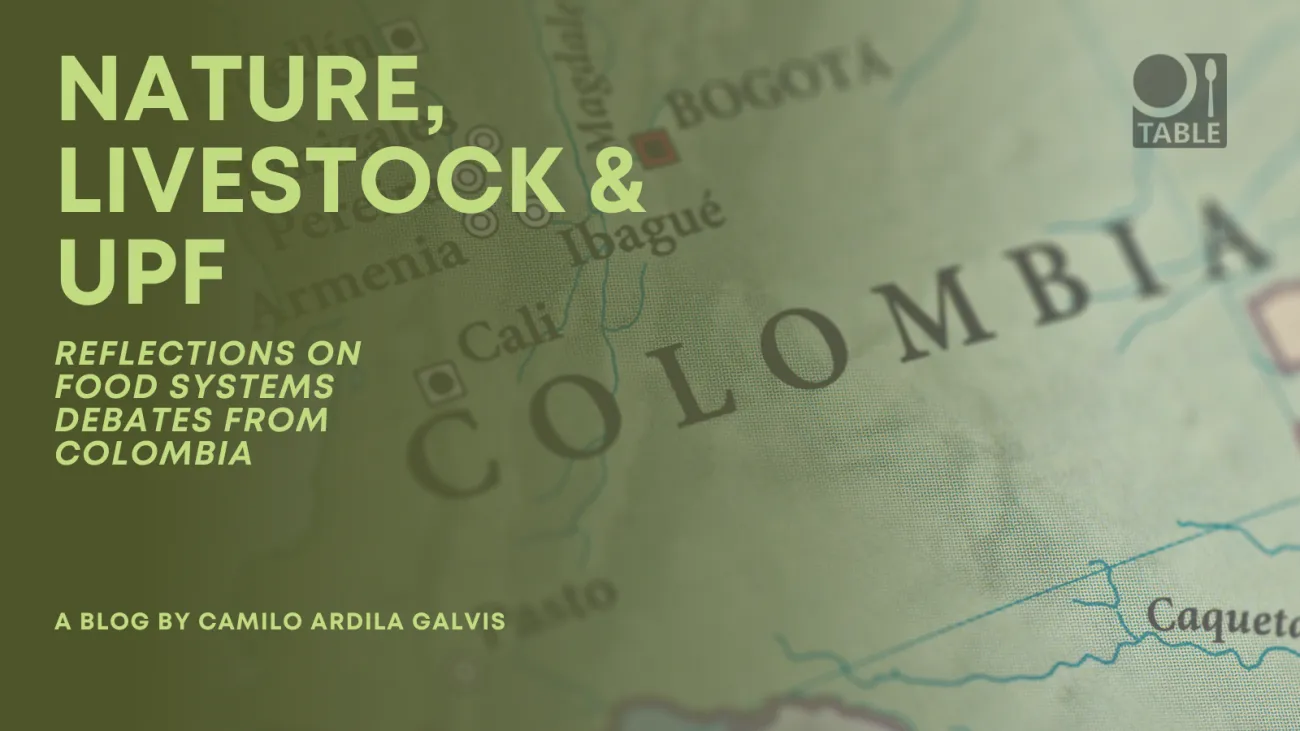Ultra-processed food (UPF) generally refers to one of the four categories of the NOVA food classification (see below) and are used loosely to refer to snacks and fast foods. NOVA describes UPFs as ‘industrial formulations’ of food products, typically mass-produced, that contain few ‘natural’ ingredients. Advocates of NOVA point out that UPFs consist of many additives and food-derived ingredients such as whey, protein isolates, and invert sugar, which are produced and combined through processes that are uncommon in domestic kitchens. They understand these foods to be designed so as to be so appealing that they displace the consumption of healthier, less processed foods, thereby generating high profits for their manufacturers. Foods in the UPF category include biscuits, mass-produced buns and breads, sweetened cereals, margarines and spreads, packaged snacks, ice cream, flavoured yogurts, soft drinks, powdered meals, ready-made meals, and instant sauces and stocks. Proponents of the concept have argued that the consumption of UPF is the primary driver of the global ‘pandemic’ of overweight and obesity while contributing to non-communicable diseases such as metabolic syndrome and certain cancers. It has been argued that the production and consumption of UPFs undermine social and environmental sustainability while perpetuating unequal power dynamics in the food system. Opponents of the concept have contested these claims. They argue that the concept is imprecise and groups together foods with different nutritional characteristics.








